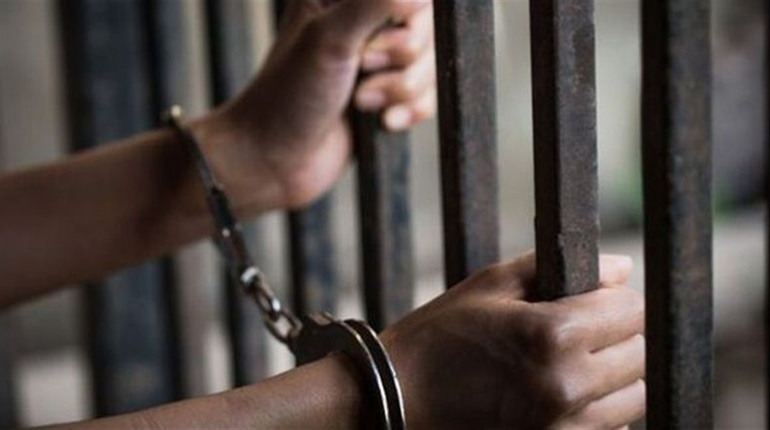Russia has persecuted 122 people in “Hizb ut-Tahrir cases” since occupying Crimea in 2014, with 119 of them being indigenous Crimean Tatars, according to the Crimean Tatar Resource Center (CTRC).
“The Russian Federation unlawfully uses its legislation for political purposes, particularly to suppress the non-violent struggle of Crimean Tatars and their protest against the occupation of Crimea,” the CTRC stated.
Crimean Tatars are the peninsula’s indigenous Muslim population who faced mass deportation under Soviet rule in 1944.
The current cases involve charges related to Hizb ut-Tahrir, an Islamic organization banned in Russia since 2003 but legal in Ukraine and most other countries.
83 Crimean Tatars currently imprisoned in Russian prisons and colonies
According to the CTRC report, 83 people are serving sentences in Russian prisons and colonies, while 27 remain in pre-trial detention. Three are under house arrest, eight have been released with restrictions, and one person died in Russian custody.
The cases have left 252 children without fathers, according to the CTRC. Russian authorities have reportedly conducted 20 waves of arrests since the occupation began, with the most recent in February 2025 when five men were detained.
Russia bases cases on anonymous witnesses and FSB experts
“The accusations in these ‘cases’ are based on the testimony of ‘undisclosed witnesses’ and the conclusions of ‘experts’ who actively cooperate with the FSB,” the CTRC stated. Evidence typically includes Islamic literature found during searches, FSB operational data, and audio recordings of discussions on religious and political topics.
Russia banned Hizb ut-Tahrir in a closed court session in 2003 without providing evidence of terrorist activity, according to the CTRC, yet continues using this designation to prosecute Crimean residents. Sentences range up to 19 years in maximum security colonies.
Hizb ut-Tahrir operates legally in 58 countries despite Russian ban
Hizb ut-Tahrir operates legally in Ukraine and most other countries. The CTRC noted that “in its 75 years of existence, it has not organized a single terrorist attack or armed violence.”
The CTRC has called for the release of all defendants and urged international sanctions against those responsible for the prosecutions.




